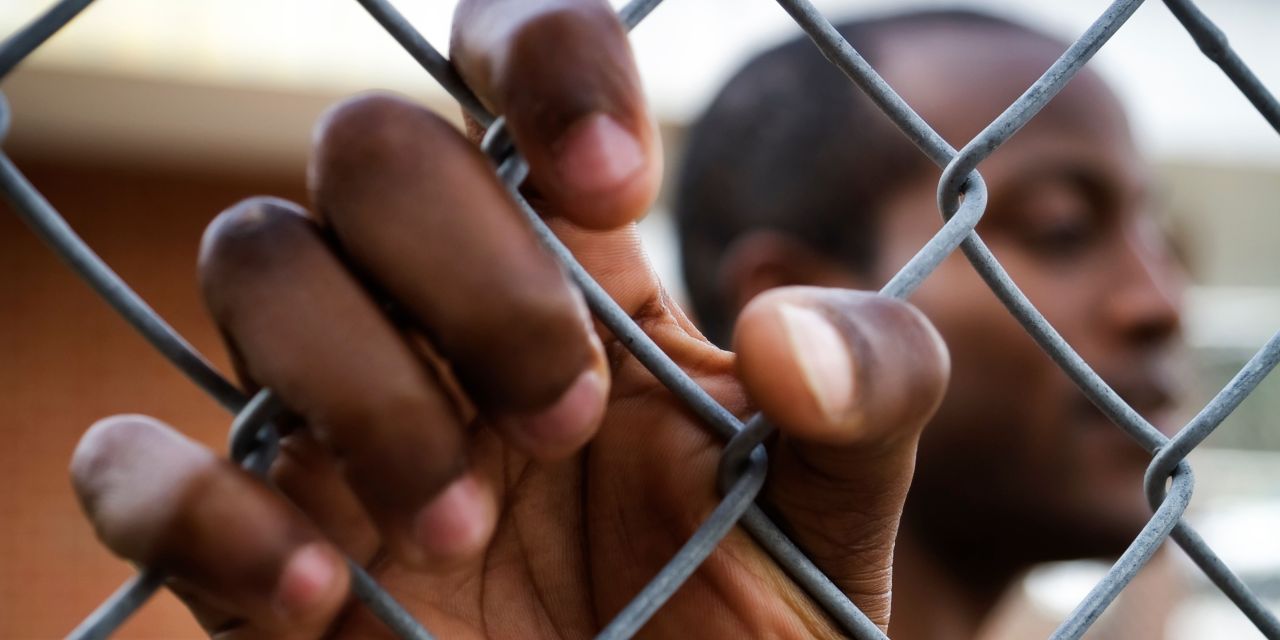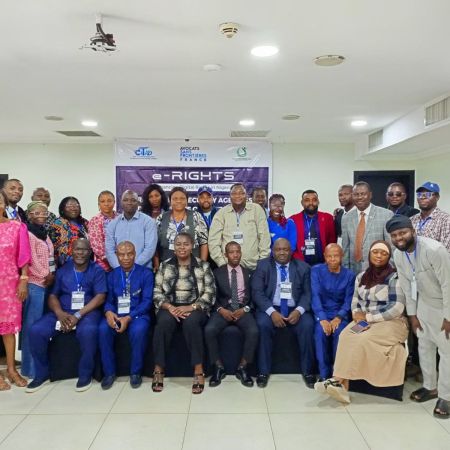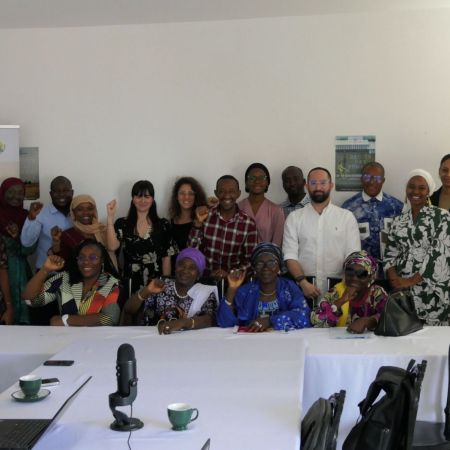Our Missions
Cameroon
PRESENTATION OF THE PROJECT
Cameroon has 76 prisons and a legislative framework that protects human rights, enshrined in the 1996 Constitution and supported by the ratification of various international conventions. Despite the construction of new prisons, the renovation of existing infrastructure and initiatives to speed up judicial procedures, many challenges remain.
Cameroon's prisons are chronically overcrowded (178%), with occupancy rates approaching 500%. This situation is mainly due to prolonged pre-trial detention, which accounts for 58% of prisoners, who are sometimes incarcerated for several years while awaiting trial. The most vulnerable prisoners are the main victims and have limited access to adequate legal assistance.
In addition, living conditions are often difficult in these detention centres (lack of food, drinking water, basic hygiene, medical care, etc.), which can have serious consequences for the physical and mental health of detainees.
Faced with this situation, the PAGOC project aims to help the most vulnerable prisoners, particularly young people and women, by providing them with free and appropriate legal representation and supporting their reintegration into society. The project will also develop multi-stakeholder synergies to improve prison conditions and encourage the effective introduction of alternatives to imprisonment in Cameroon.
OBJECTIVES
General objective:
- To contribute to the consolidation of prison and judicial governance that is sensitive to human rights and the protection of people in detention, particularly the most vulnerable detainees in Cameroon.
Specific objectives:
- Toput in place a participatory and inclusive process that mobilises all stakeholders in order to improveaccess to justice for vulnerable prisoners, their conditions of detention, their socio-professional reintegration and the effective application of alternative sentences with a view to reducing the prison population.
- Contribute to a paradigm shift in the representation and perception of the prison system, which today is more oriented towards punishment, degradation and the dehumanisation of prisoners.
EXPECTED RESULTS
-
R1: A pool of players in the criminal justice system is equipped and strengthened in approaches that take account of human rights, measures to protect individuals and the Habeas Corpus procedure.
The capacities of those involved in the criminal justice system, particularly lawyers, are being strengthened. This training will enable them to take better care of detainees, inform them of their rights and conduct Habeas Corpus proceedings. A MOOC has been developed to promote the free dissemination of legal knowledge.
-
R2: Access to justice for detainees is ensured by lawyers trained to provide effective legal assistance.
The project supports the defence of prisoners by offering vulnerable prisoners free access to legal representation. In addition, once released, prisoners receive psychological, social and economic support to ensure their reintegration into Cameroonian society. Finally, the project supports civil society initiatives to promote prisoners' rights and alternative sentences in Cameroon.
-
R3: A multi-stakeholder monitoring group has been set up and is up and running.
This group is responsible for drawing up, updating and disseminating a map of the actors involved in promoting and protecting the rights of people in detention in Cameroon. It is also responsible for leading multi-stakeholder discussions with the aim of improving detention conditions in Cameroonian prisons.
- R4: Advocacy in favour of the application of alternative sentences is carried out in order to propose alternative solutions to incarceration, reduce prison overcrowding and make detention more humane. Relations with the Cameroonian authorities responsible for this area are essential if this approach is to be applied effectively.
PLANNED ACTIONS
Actions planned for R1 : Capacity-building for lawyers and actors in the criminal justice system
- Training for 80 actors in the criminal justice system on respect for the human rights of people deprived of their liberty
- Creation of accessible online modules on respect for human rights in the form of MOOCs
- Training of 60 lawyers to ensure better care for people deprived of their liberty
- Setting up a network of lawyers qualified to work in prisons
- Training 60 lawyers and others involved in the criminal justice system in specific habeas corpus procedures.
Actions planned for R2: Legal and holistic care for prisoners until their reintegration
- Legal assistance for 120 vulnerable people deprived of their liberty, including 100 detainees, through habeas corpus proceedings
- Setting up a socio-professional support and reintegration programme for 220 prisoners
- Financing of micro-projects to facilitate the reintegration of prisoners and improve prison conditions.
Actions planned for R3: Setting up working groups and studies on detention in Cameroon
- Mapping the actors involved in promoting and protecting the rights of people in detention in Cameroon
- Setting up a multi-actor observatory on detention conditions in Cameroonian prisons
- Raising awareness among 3,500 detainees of their rights, legal remedies and procedures through a practical guide.
Actions planned for R4: Advocacy for the effective introduction of alternatives to prison sentences
- Carrying out a feasibility study for the effective introduction of alternative sentences
- Organise a national symposium on alternative sentences
- Set up an advocacy and awareness-raising campaign for the effective application of alternative sentences
FINANCIAL AND OPERATIONAL PARTNERS
The PAGOC project consortium is made up of the following organisations
- Avocats Sans Frontières France (ASF France) : whose mission is to contribute to the consolidation of the rule of law, in particular through technical assistance to the legal and judicial professions;
- Réseau Camerounais des Organisations des Droits de l'Homme (RECODH) : aims to promote and protect human rights through its network of associations and groups of associations;
- The Research Institute for Development (RIDEV) : its mission is to support the most vulnerable prisoners with a view to promoting their social and professional reintegration.









